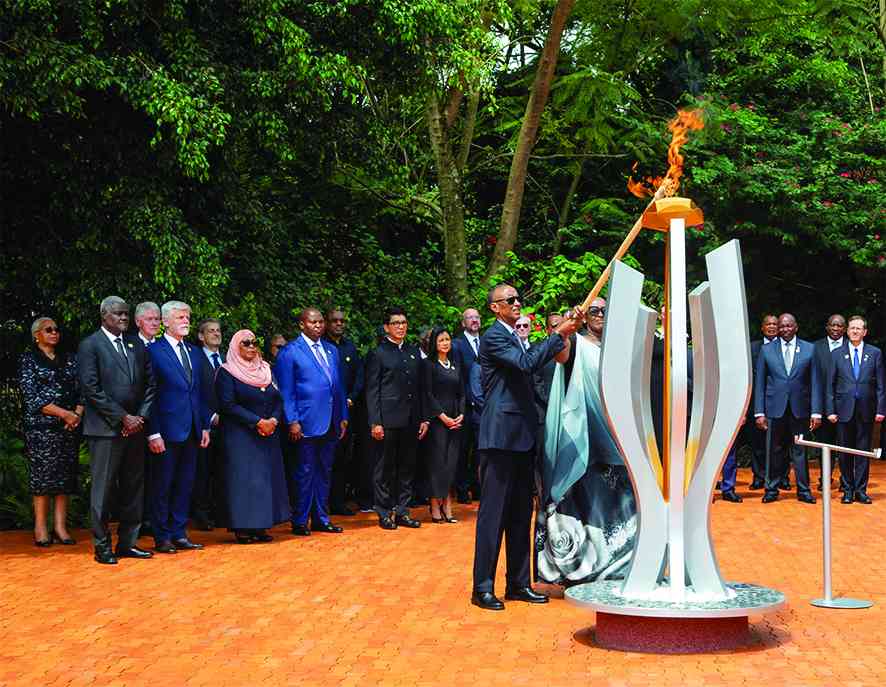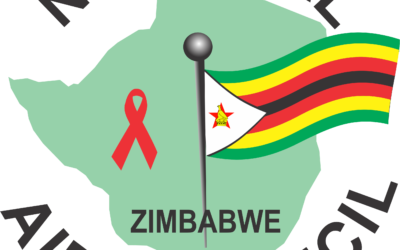
Rwanda on Sunday marked the start of Kwibuka 30, the 30th commemoration of the Genocide against the Tutsi, the darkest period of the East African nation.
The killings which began on April 7 claimed 1 million lives in 100 days.
The Genocide happened as the international community stood akimbo and were largely countenanced by the United Nations (UN) Security Council as Western powers abdicated their obligations.
And the Rwandans themselves stopped the bloodshed. Thirty years later, the scars are still visible. However, the gory past has united the country, emboldening it to ensure genocide will never happen again.
Rwandan President Paul Kagame said on Sunday, the survivors were asked do the impossible by carrying the burden of reconciliation on their shoulders. “And you continue to do the impossible for our nation, every single day, and we thank you,” he said.
The foundation of everything is unity, Kagame said.
Rwanda has made a pledge that the dark past will not recur by putting in place systems to ensure it is completely a thing of the past.
It has gone a step further by setting up traditional community courts to try genocide perpetrators.
- Zim heading to UNGA summit with dirty hands
- We were sad to see ED in Rwanda: Ndiweni
- MUCKRAKER: The grapes are sour anyway
- ED accused of shedding crocodile tears after Kigali genocide visit
Keep Reading
Under the Gacaca system, communities at the local level elected judges to hear the trials of genocide suspects accused of all crimes except planning of genocide.
The courts meted out low sentences if the accused was repentant and sought reconciliation with the community. Often, confessing prisoners returned home without facing further punishment or were ordered to render community service.
More than 12 000 community-based courts tried over of 1,2 million cases throughout Rwanda. According to the UN, the Gacaca trials also served to promote reconciliation by providing a means for relatives to learn the truth about the death of their loved ones.
They also gave perpetrators the opportunity to confess to their crimes, show remorse and ask for forgiveness in front of their communities, the UN said.
The system was seen as a success in that it dealt with 1,2 million cases at a cost of US$25 million. This, according to the Rwandan government, was an achievement considering that the International Criminal Tribunal for Rwanda tried 58 cases at a cost of over US$2 billion.
Perpetrators were brought to book.
These are the lessons that Zimbabwe should take a leaf from as it seeks to resolve the Gukurahundi issue.
The Gukurahundi killings of people in mostly Matabeleland and the Midlands provinces remains unresolved since the five-year killing spree by the North Korea-trained Fifth Brigade, which claimed over 20 000 lives, according to independent estimates.
There is no closure, 36 years after the signing of the Unity Accord between PF Zapu and Zanu PF, although late former President Robert Mugabe described Gukurahundi as a moment of madness without offering an apology.
The Gukurahundi hearings are set to begin after President Emmerson Mnangagwa made a commitment to resolve the emotive issue.
The acrimony preceding the commencement of the hearings points to a tough assignment.
Victims and survivors must be allowed to speak, and their security must be guaranteed.
We must never silence the survivors, hoping the issue will eventually be erased. That would be a fatal blunder.
As Kagame said this week the testimony of survivors is living evidence of complicity, and it unsettles the fictions which comfort the enablers and the bystanders.
He hammered the point home.






